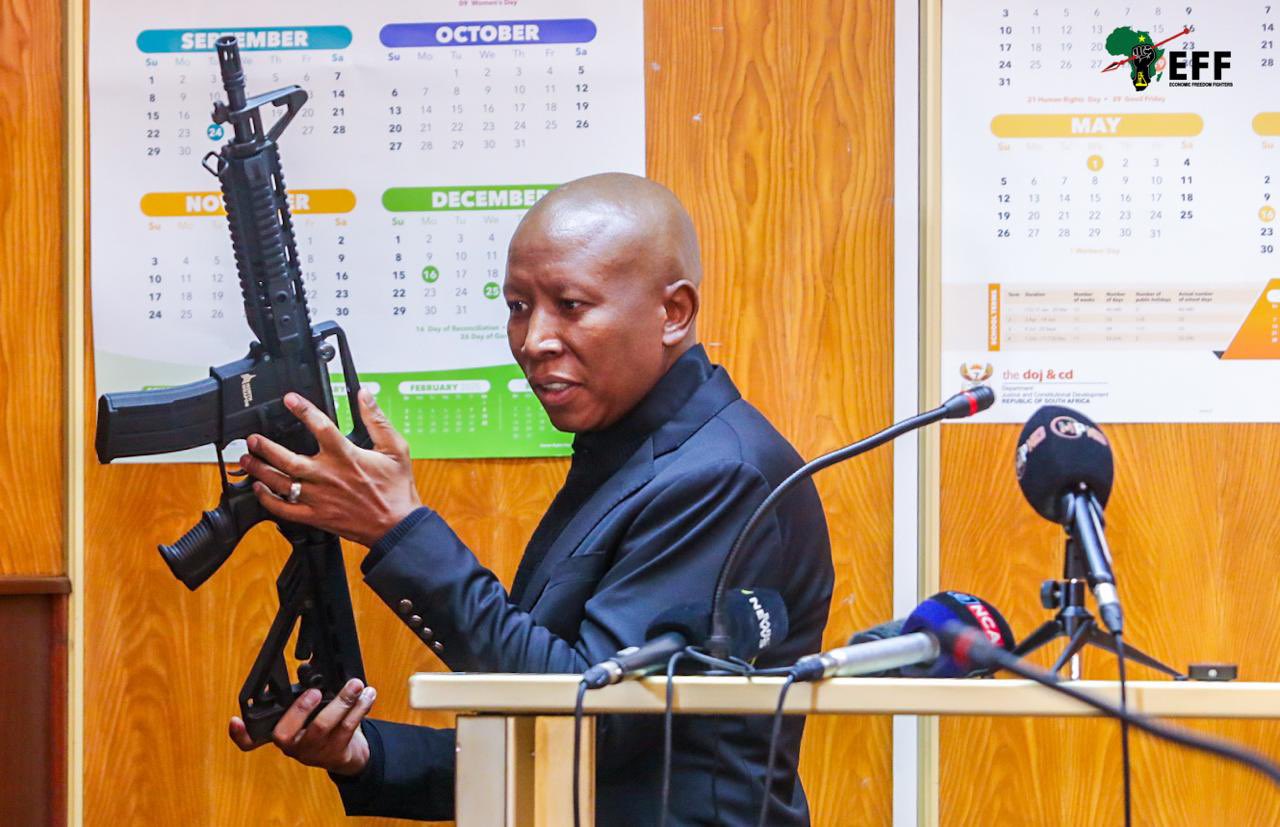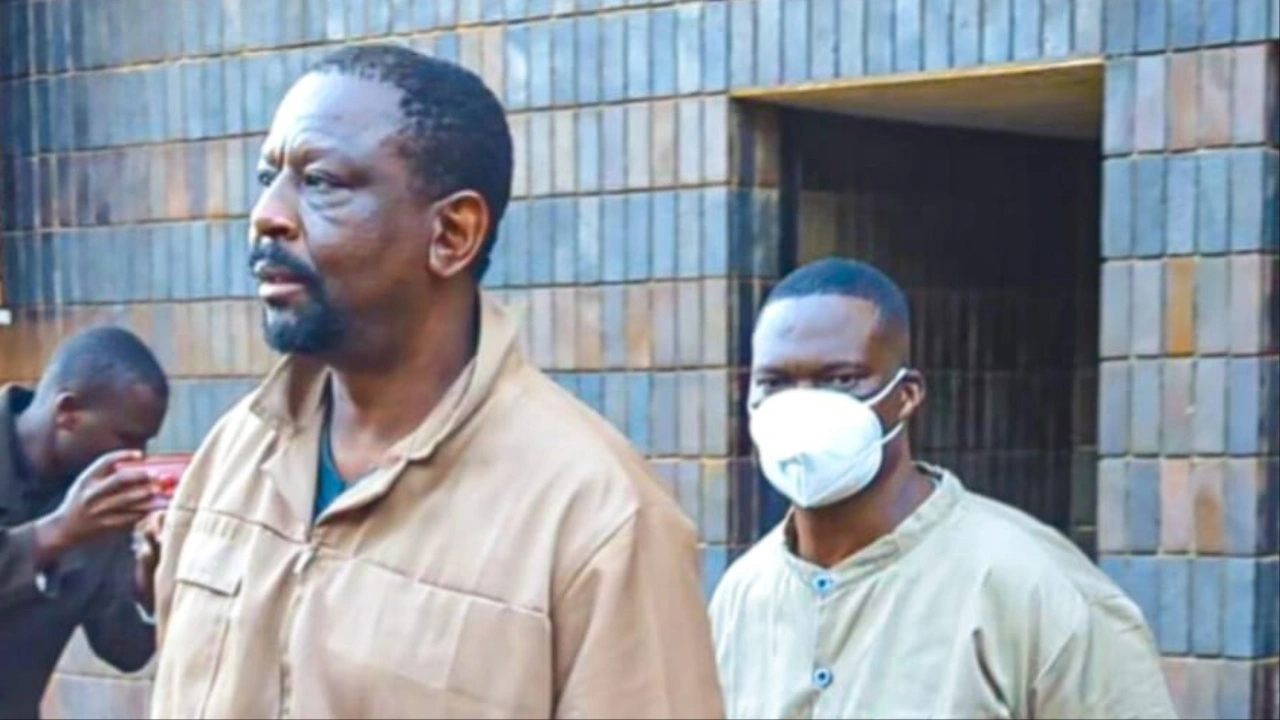The International Criminal Court (ICC) has issued arrest warrants for Israeli Prime Minister Benjamin Netanyahu, former Defense Minister Yoav Gallant, and Hamas military commander Mohammed Deif. The charges stem from alleged war crimes and crimes against humanity during the ongoing conflict between Israel and Hamas.
The ICC’s pre-trial chamber rejected Israel’s challenges to its jurisdiction, clearing the way for the warrants. While Israel claims Deif was killed in a July airstrike in Gaza, the ICC prosecution has stated it cannot confirm his death.
Allegations of Criminal Responsibility
The court found “reasonable grounds” to believe that Netanyahu and Gallant are criminally responsible for the war crime of starvation as a method of warfare, and crimes against humanity including murder, persecution, and inhumane acts. Additionally, they are accused of targeting civilians in violation of international law.
Deif is accused of orchestrating attacks on Israeli civilians, including murder, torture, sexual violence, and hostage-taking. The ICC described these as part of a “widespread and systematic attack” against civilians.
Responses to the Warrants
The Israeli Prime Minister’s Office called the ICC decision “antisemitic” and dismissed the charges as baseless. Netanyahu vowed to continue military operations against Hamas. Gallant criticized the ICC for equating Hamas with Israel, claiming the decision undermines Israel’s right to self-defense.
Hamas welcomed the warrants for Netanyahu and Gallant, describing them as a “historic precedent” and urging enforcement by ICC member states.
Broader Implications
The ICC relies on cooperation from its 124 member states to enforce its warrants. However, neither Israel nor the United States is a member, and enforcement depends on the willingness of ICC member states.
Netanyahu’s ability to travel abroad may now be restricted. While ICC warrants mandate arrest within member states, past examples, such as Russia’s Vladimir Putin, suggest enforcement is inconsistent.
Background on the ICC
Established in 2002, the ICC prosecutes individuals accused of genocide, war crimes, and crimes against humanity. While Israel does not recognize ICC jurisdiction, the court ruled in 2021 that it has authority over Palestinian territories, including the West Bank, East Jerusalem, and Gaza.
The charges follow events from October 7, 2023, when Hamas launched an assault on southern Israel, killing 1,200 people and taking hostages. Israel’s retaliatory strikes on Gaza have resulted in over 44,000 deaths, according to the Hamas-run health ministry.
International Reactions
The U.S. rejected the ICC decision, citing jurisdictional concerns. The EU, however, emphasized that the court’s decision must be respected and implemented by its member states. Human Rights Watch hailed the move as a significant step toward accountability.
Despite the warrants, analysts note that prosecution may face significant obstacles, given the political and logistical complexities of enforcing ICC rulings.
#ICC #Issues #Arrest #Warrants #Netanyahu #Gallant #Hamas #Commander #Alleged #War #Crimes



